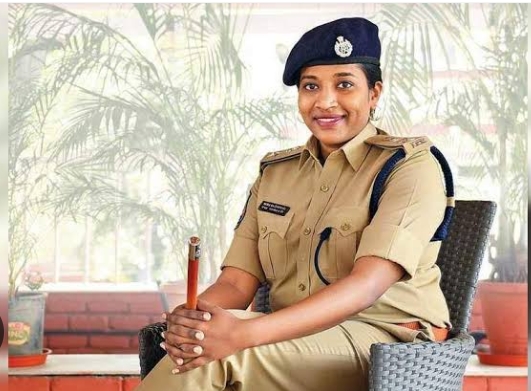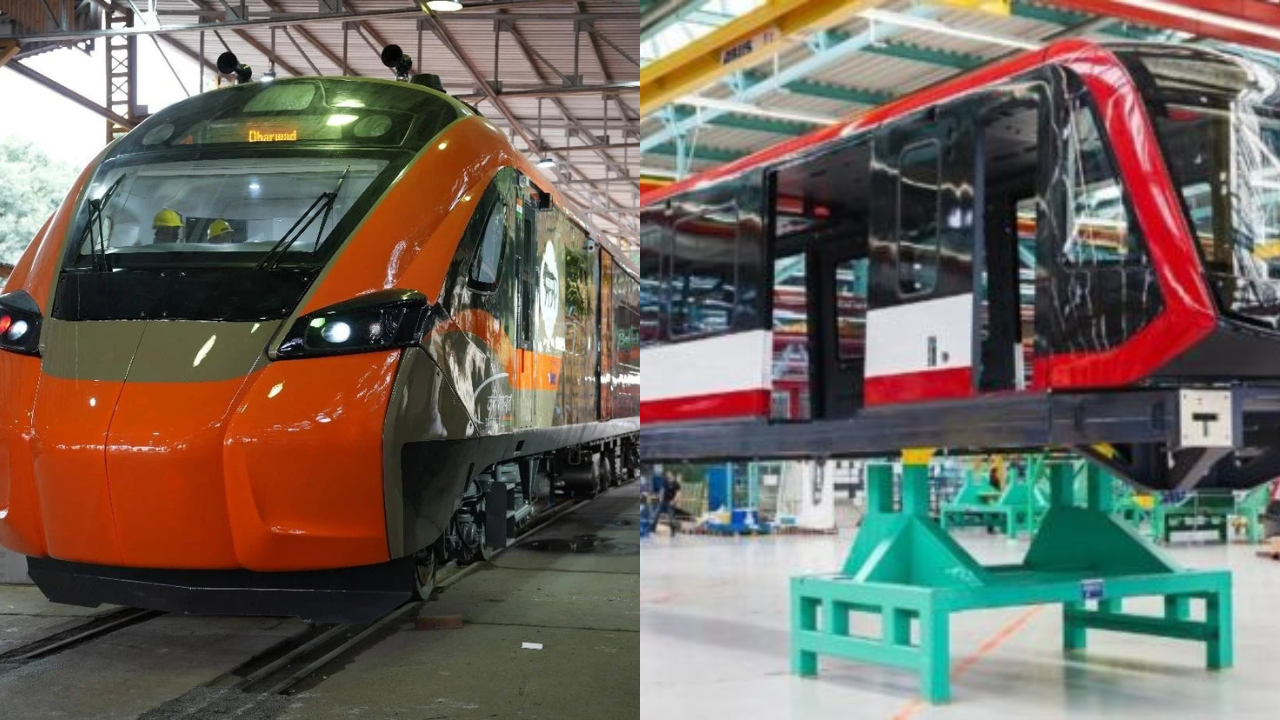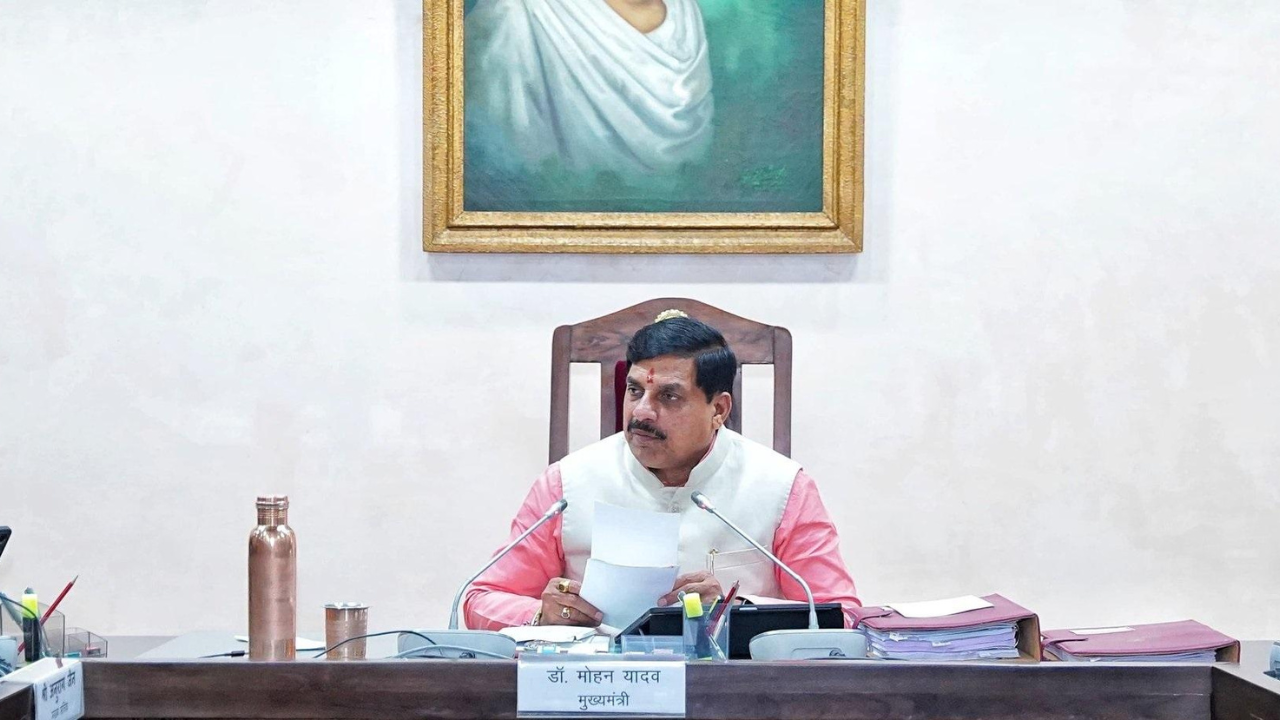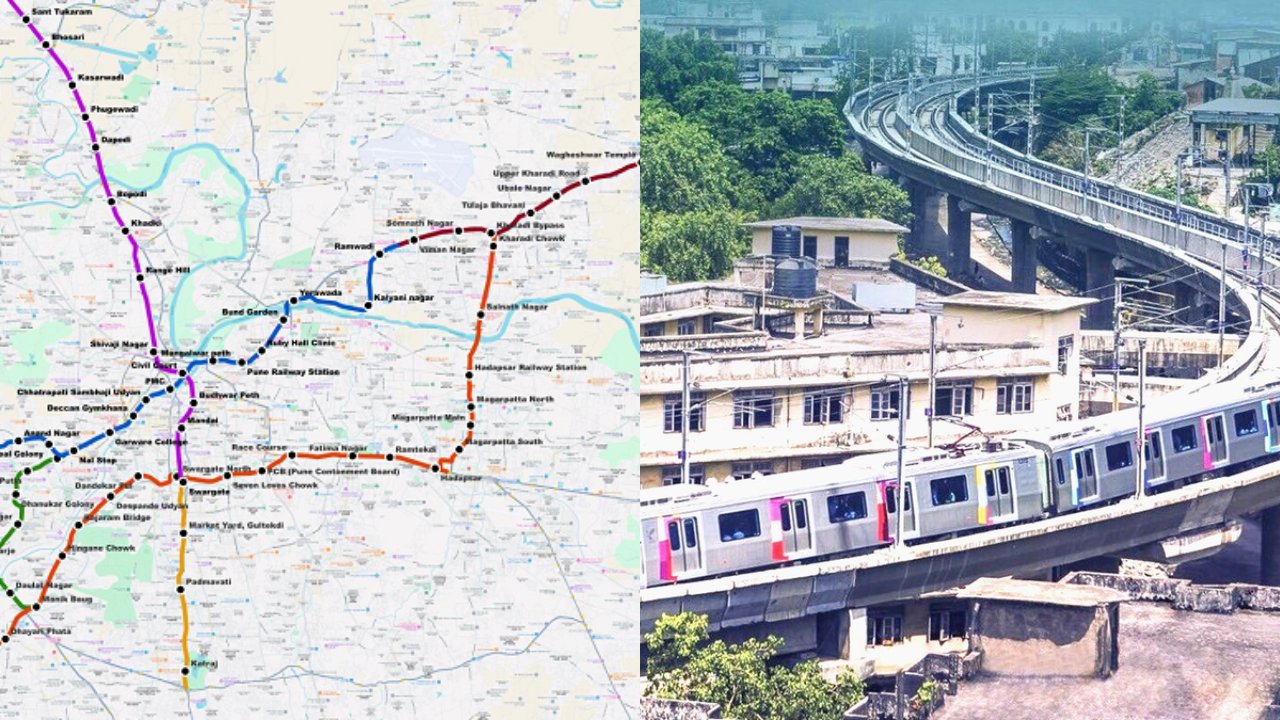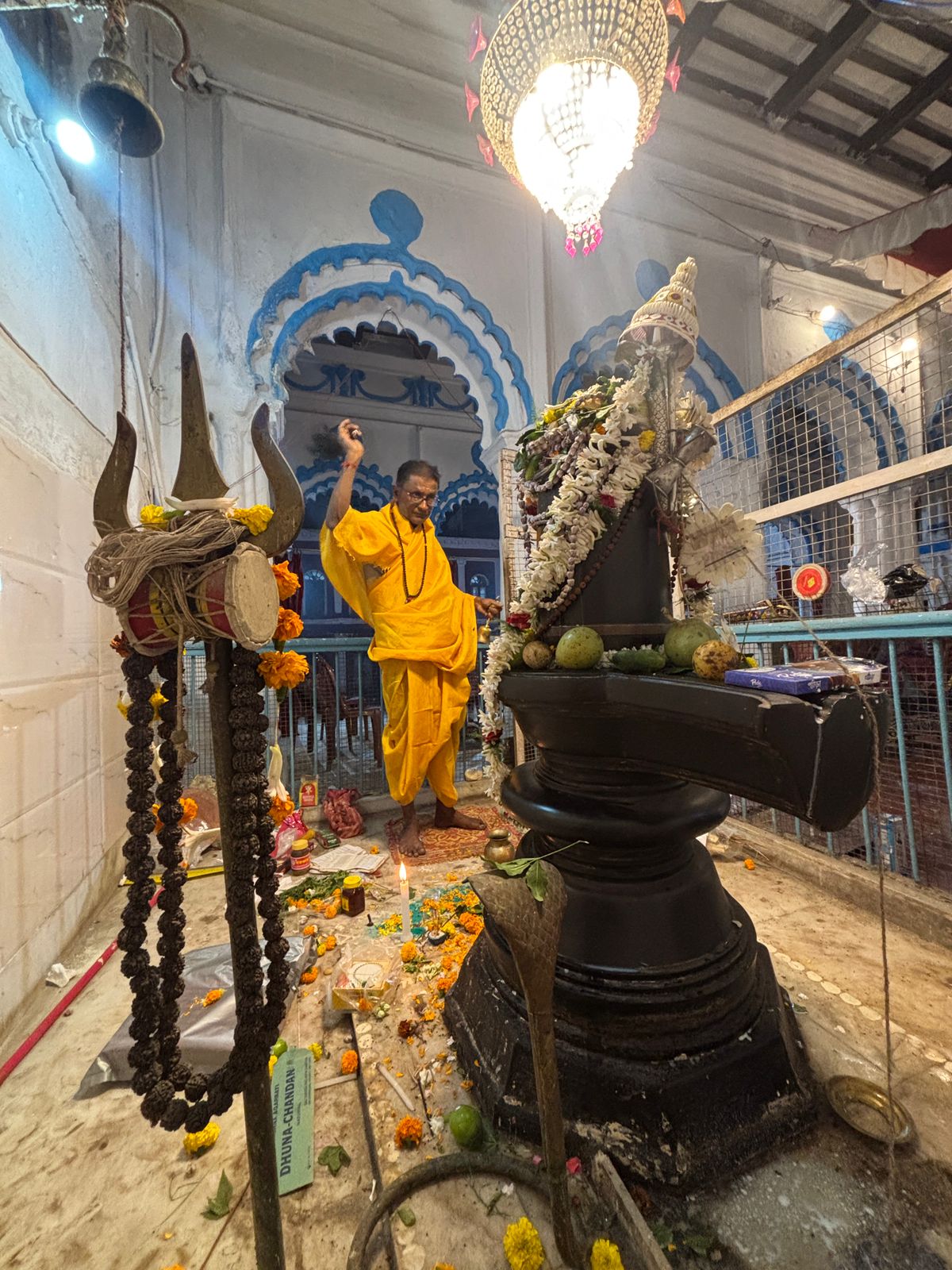Women in policing in India have made significant strides in recent years, breaking traditional gender barriers to contribute to law enforcement and societal well-being. Historically, law enforcement has been a male-dominated field in India, with limited opportunities for women. However, with changing societal norms and a recognition of the importance of gender diversity in policing, there has been a notable increase in the participation of women in this crucial profession.
One key milestone was the formation of the first all-women police station in Kozhikode, Kerala, in 1973. This marked a turning point, signaling the beginning of a more inclusive approach to policing. Subsequently, the number of women joining the police force has been steadily increasing, albeit at a slower pace than in some other countries.
Despite the progress, challenges persist. Gender stereotypes and societal expectations often create hurdles for women aspiring to join the police force. There is a prevailing perception that policing is a physically demanding and male-centric profession, discouraging many women from pursuing careers in law enforcement. To address this, initiatives promoting awareness about the role of women in policing and breaking down stereotypes are crucial.
In recent years, efforts have been made to enhance the recruitment of women into the police force. Special recruitment drives, gender-sensitive policies, and reserved quotas for women in certain states have been implemented to ensure a more balanced representation. These measures aim not only to provide equal opportunities but also to bring diverse perspectives to the forefront, enhancing the effectiveness of law enforcement.
The role of women in policing goes beyond traditional law enforcement tasks. Women officers often play a crucial role in handling cases related to crimes against women and children. Their presence provides a sense of comfort and approachability to victims, encouraging them to come forward and report crimes. This shift towards a more empathetic and understanding approach is reshaping the image of the police force in the eyes of the public.
Furthermore, women in policing contribute significantly to community policing initiatives. Their ability to build rapport and connect with different segments of society helps in fostering trust between law enforcement and the community. This is particularly important in a diverse country like India, where community cooperation is essential for effective crime prevention and resolution.
However, there is still work to be done to address the gender gap in leadership roles within the police force. While the number of women entering the force is increasing, they are often underrepresented in higher-ranking positions. Encouraging career progression through mentorship programs, leadership training, and addressing any systemic biases is vital to ensuring equal opportunities for women in all facets of policing.
In conclusion, the role of women in policing in India has evolved positively over the years, with increased representation and a broader recognition of their contributions. Efforts to break down gender stereotypes, improve recruitment strategies, and promote women in leadership positions are essential for fostering a more inclusive and effective police force. As India continues to progress, embracing diversity in law enforcement will be crucial for building a safer and more equitable society.
For more information visit at https://happenrecently.com/zepto/?amp=1



